Facing Loss with Courage: Remembering Hallel Ariel
Eight years after Hallel Ariel was tragically murdered, her family tirelessly honors her memory. "Succumbing to depression would be the enemy's victory," says her mother, Rina.
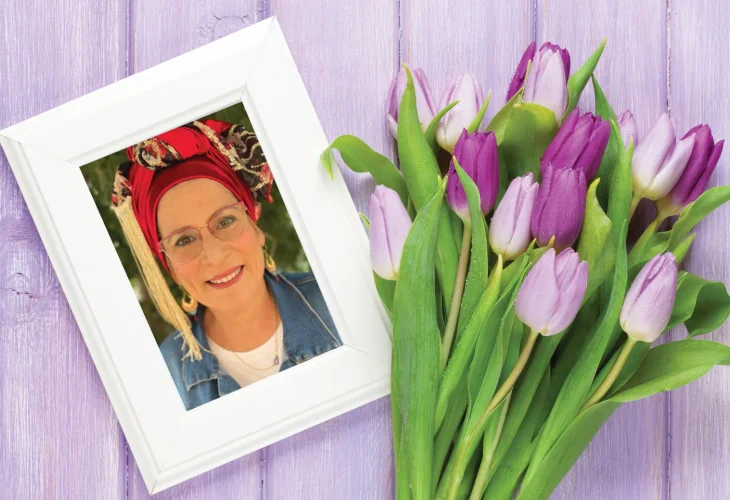 Rina Ariel
Rina ArielFor the past year and a half, Rina Ariel, mother of Hallel Ariel, has found herself visiting different grieving families every week.
"Hallel was thirteen and a half when she was murdered by a terrorist who infiltrated through the fence and broke into our home in Kiryat Arba," Rina shares. "She was asleep in her bed when the attack happened, and the terrorist fled immediately after. Thankfully, the rapid response team apprehended him, preventing a larger tragedy."
Since the recent outbreak of war, people often ask Rina if the Hamas attack on October 7th brought her back to her own trauma. "There are many similarities," she reflects. "We experienced a terrorist breach and had brave responders, reminiscent of what happened in the Kibbutzim. But this war doesn't drag me back to our event, because even after eight years, we're still living it. Our hearts haven't moved on; we are always deeply involved in remembering Hallel."
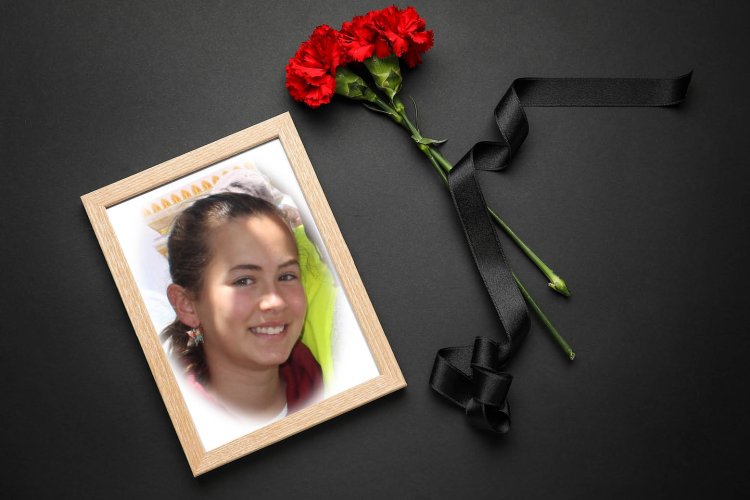 Hallel Ariel
Hallel Ariel![Entry point of the terrorist]() Entry point of the terrorist
Entry point of the terrorist
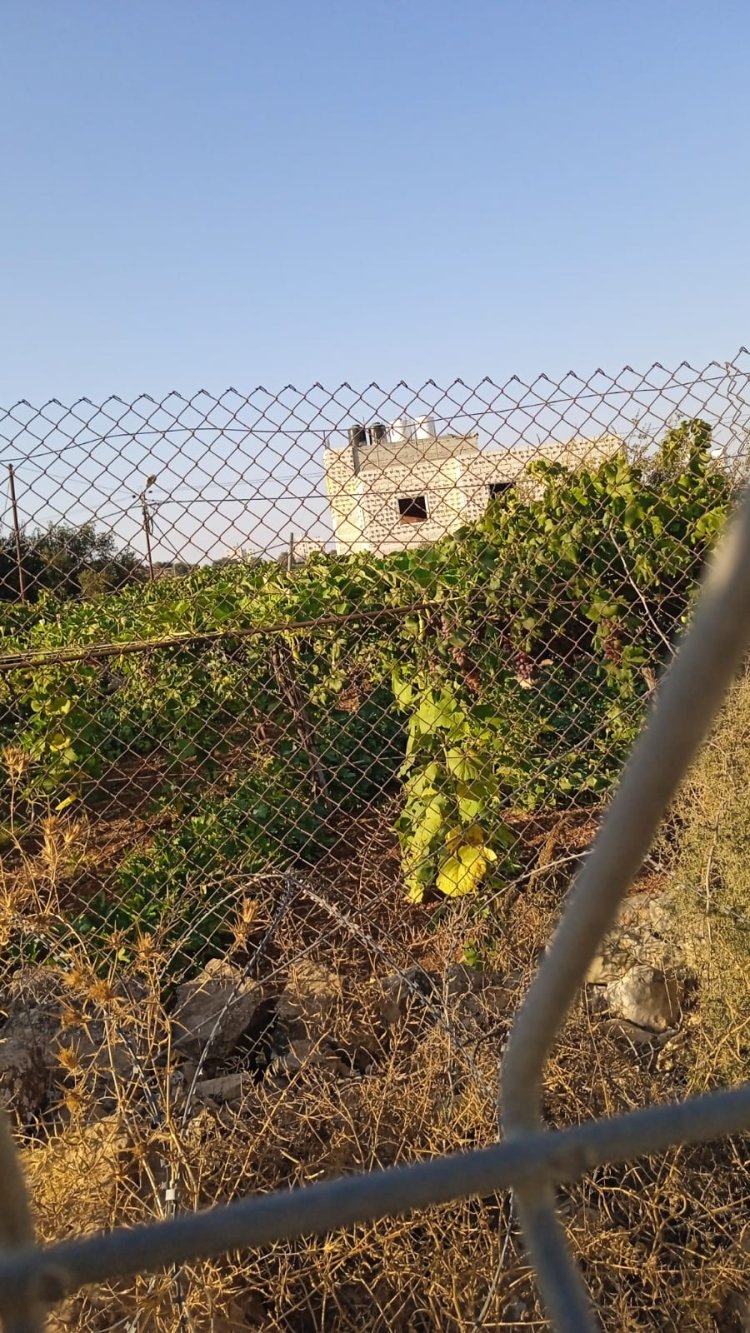 Entry point of the terrorist
Entry point of the terroristNo Place is Safe
Recalling the day that changed their lives, Rina shudders. Words fail to express what parents experience losing a daughter so horrifically, just days into summer break and a day after a dance performance where Hallel charmed everyone on stage.
Rina chooses to focus on life after the attack: "We quickly decided to stay in Kiryat Arba, even in the same house. My husband, a winemaker, planted more vineyards around our home right after the shiva, and we opened a visitor center, naming our wine 'Hallel Wine.' We bring a bottle of wine when visiting bereaved families."
Rina notes they often comfort families post-shiva when the initial support has waned. "Families are flooded with visitors during shiva, but after, they often feel lonely and need comfort. We find those moments to step in."
"Additionally, we host many tours at our winery for both local and international groups. Visitors hear our story and see the entry point of the terrorist. They frequently ask how we can live near the fence. We always say we believe in the unique strength of this land, where our forefathers are buried. Recent events show what happened here can happen anywhere. No place is safe, so we choose to live where we feel connected, seeing our residence as a mission."
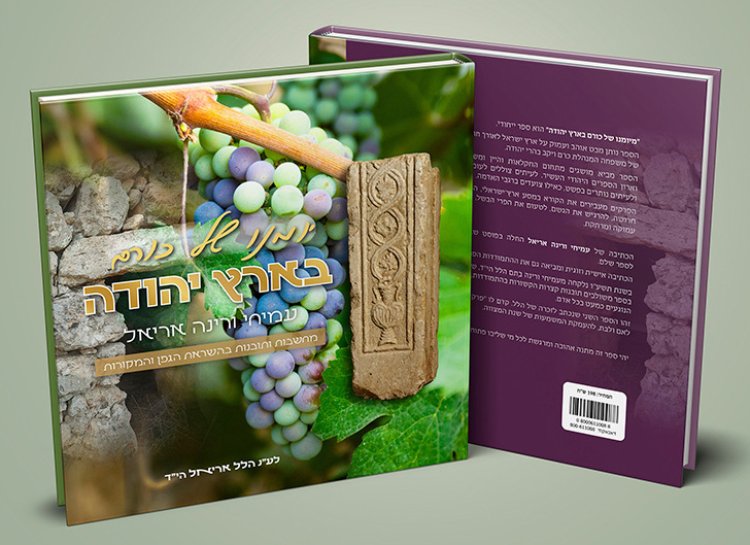
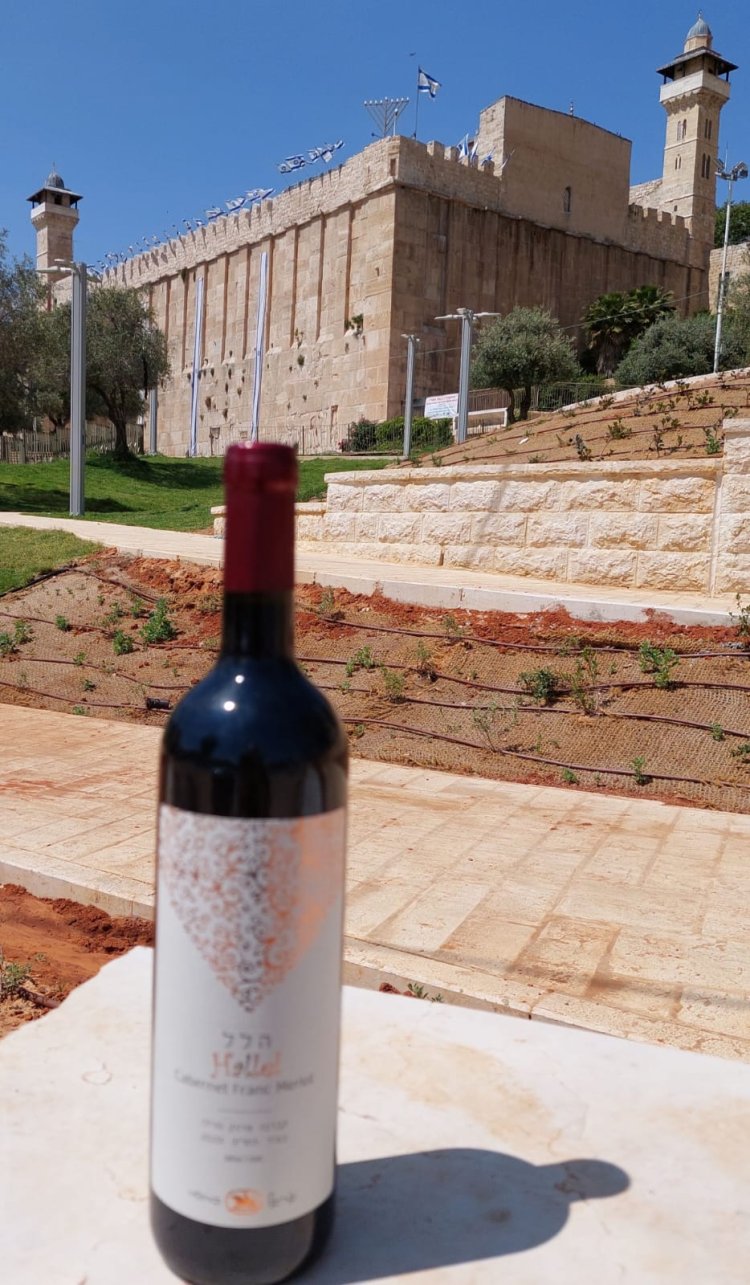
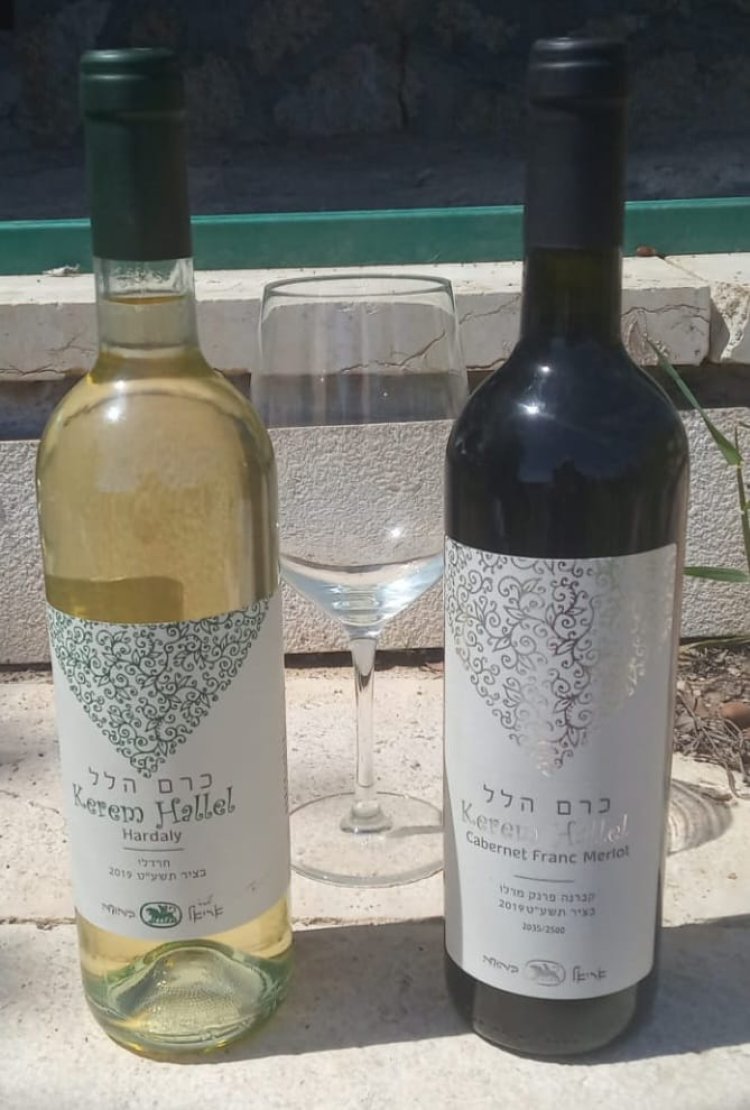
Living the Mission
Rina, a psychotherapist, worked a regular job until the event changed everything. "I still work, but I'm also deeply involved in memorializing Hallel. This desire is shared with families affected by the Hamas attacks—a need to commemorate and never forget."
How do you achieve this?
"I have several projects. One is a unique Bat Mitzvah tour and a book I co-wrote with my sister, Tzipora. We invite girls to a sacred Jerusalem tour, led by a certified guide. Together, we explore the city, grow, and connect. I also share our story during these tours, amazed every time at the participation and openness from the girls. Together with Tzipora, I wrote a Bat Mitzvah book filled with inspiring stories that empower the girls and add a meaningful touch to their day."
"Recently, my husband and I published 'From a Vintner's Journal in Judea.' Writing it was therapeutic for us. The book is organized by month, each offering perspectives on nature, agriculture, the Bible, and reflections, providing a Jewish worldview rooted in land and nature. It's fitting to dedicate such a book to Hallel, reflecting exactly the life she lived and that we continue to live. All book proceeds go to the foundation we established in her memory, supporting needy families and engaging in other worthwhile causes, like volunteering with farmers."
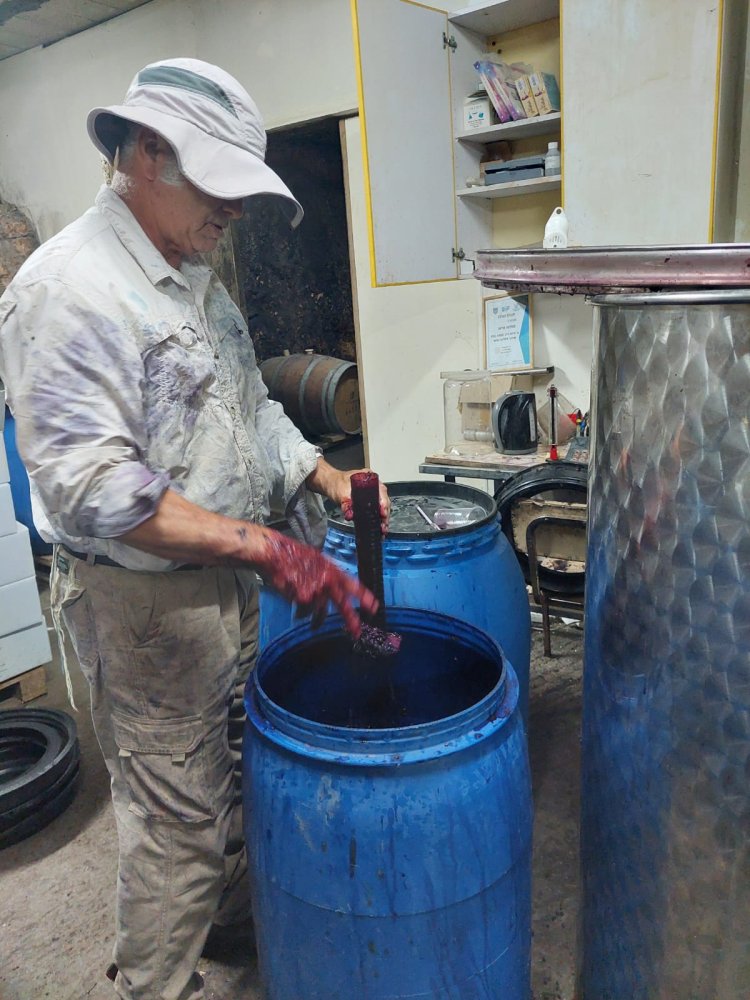
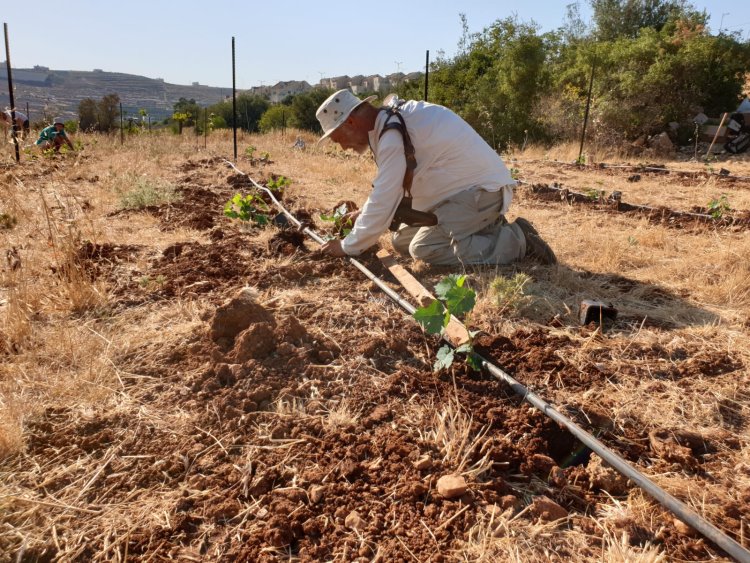
"My Depression is the Enemy's Victory"
Do you feel moments of hardship despite your activities?
"The hardship is present in many situations, striking unexpectedly and profoundly," Rina admits. "Recently, watching Hallel's friends get married, I can't overlook that she should also be 22, with friends now having children. She'll never marry. I think about the white dress she wore for her final dance show, which will never be her bridal gown. This pain is indescribable, and we're not the only ones. Many families face similar heartache these past couple of years."
What gives you strength during these times?
"Above all, faith. We truly believe that we're part of a redemption process we must endure, however difficult. We cannot break down, as doing so means the enemy wins. Every morning, I remind myself that surrendering to depression would equate to enemy victory. I'm determined to choose life with all my might."
"My husband and I emphasize to bereaved families that life is like a balance—pain on one side and growth on the other. The more we invest in growth, the less the pain overwhelms. I share personally how our public service initiatives provide strength for others and us alike."
As a professional and a grieving mother, is it hard to face so much pain?
"That's a valid question because my work now involves many challenges and painful stories. Yet, after this year, we're collectively experiencing this as a society. It's a shared struggle, and I strive to contribute the little I can—to comfort and empower others."
"A crucial lesson I've learned is not to fear but to choose because the opposite of 'choosing' is 'escaping.' To move forward, we must progress, even when it's tough. Notice how 'choice' ('בחירה') contains the letters of 'ruin' ('חורבה'). If we don't make the right choices and escape, we endanger ourselves with ruin. So, I aim to choose goodness, growth, and advancement—in Hallel's memory and for the flourishing of all of Israel."

